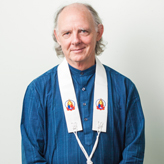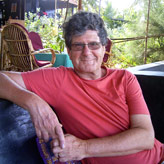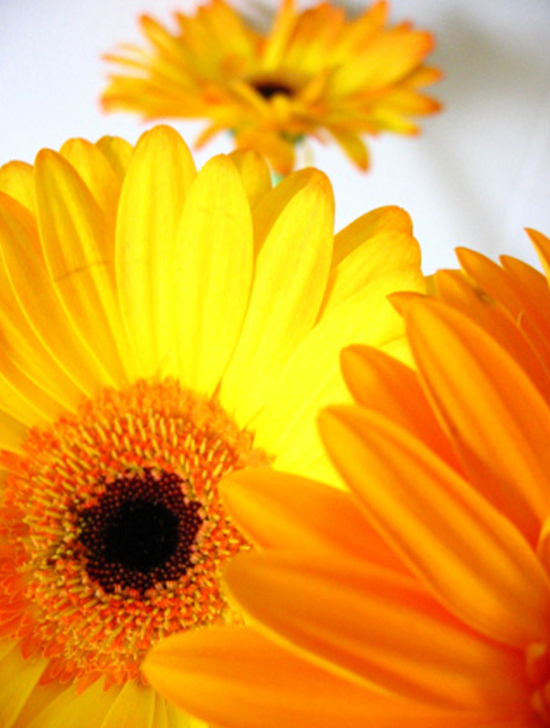Tue, 21 December 2010
|
Fri, 10 December 2010
|
Tue, 23 November 2010
|
Thu, 11 November 2010
The Buddha’s analysis takes the form of a nidana chain beginning with actual experience, that when we begin to proliferate or move away from facts to interpretations inevitably leads us into a secondary reality that easily leads to conflict with others, who have different versions of reality. A brilliant talk, covering ground rapidly but concisely bring together the Buddha’s wisdom both in terms of transforming society and how we work within meditation, in fact we need to employ the same tools in both situations. |
Sat, 6 November 2010
Jinananda discusses the fact that even Buddhists, who are supposedly always kind and helpful, are not always so, even in stories from the Pali Canon. He reminds us, however, that this is normal, and that relating skilfully to each other is a truly immense challenge – difficult for even the most experienced Buddhists and not to be taken lightly. Talk given at the West London Buddhist Center |
Thu, 21 October 2010
We live in a culture that encourages us to look out for the individual – just look after yourself and never mind about others. Collective practice, the practice of community, has a dynamic alchemy all of its own – like a coral reef lots of creatures live in it, and it is very susceptible to pollution. The development of the Individual is the development of the Sangha, and the development of the Sangha is the development of the Individual. Saddhanandi is the Chair of Taraloka Retreat Centre in England. This talk was given during the Triratna International Sangha Retreat hosted by Taraloka and Buddhafield in May 2010. |
Fri, 24 September 2010
Patience is explored here in three aspects: with ourselves, with other people, and in spiritual receptivity. One needs to learn patience when working with other people to help build a spiritual community. Not in the sense of endurance, ksanti in its true form is an aspect of metta, of love. Loving people for who they actually are, not who we would like them to be. Friendship really starts when you meet bits in others you don’t like and you keep going, deepening your connection. Talk given at the Stockholm Buddhist Centre in February 2010. |
Mon, 13 September 2010
Talk given at Windhorse:Evolution, Cambridge, UK |
Tue, 17 August 2010
Talk given at the 2010 International Sangha Retreat. |
Thu, 24 June 2010
This podcast talk by Dharmavadana is a great exploration of how poetry can be an ally in the spiritual life, and analyzes the ways in which it occupies a similar atmosphere to meditation. Talk given at West London Buddhist Center To help us keep this free, please think about making a donation. |
Fri, 28 May 2010
This fantastic talk by Akuppa, given at the 2006 Buddhafield Festival, focuses on how Buddhist practice weaves together with social awareness, and what an Earth Community built on sustainable values might look like. (Please note: there are a few minutes missing at the start, and the original recording was very poor. But it’s worth it!) To help us keep this free, please think about making a donation. |
Tue, 25 May 2010
Kulananda/Michael Chaskalson has published widely on many aspects of Buddhism and meditation, and runs a variety of mindfulness-based stress reduction programmes for use in personal and business life. Talk given at Cambridge Buddhist Centre, 2000 |
Wed, 12 May 2010
Coming up next week… Part II Pleasure and Happiness by Ratnaguna. |
Free Buddhist Audio

Categories
DharmabytesFree Buddhist Audio
Podcasts
Buddhism
FBA Podcast
Archives
AprilMarch
February
January
December
November
October
September
August
July
June
May
April
March
February
January
December
November
October
September
August
July
June
May
April
March
February
January
December
November
October
September
August
July
June
May
April
March
February
January
December
November
October
September
August
July
June
May
April
March
February
January
December
November
October
September
August
July
June
May
April
March
February
January
December
November
June
May
April
March
February
January
December
August
June
April
February
January
December
October
July
June
May
April
March
February
January
December
November
October
September
August
July
June
May
April
March
February
January
December
November
October
September
August
July
June
May
April
March
February
January
December
November
October
September
August
July
June
May
April
March
February
January
December
November
October
September
August
July
June
May
April
March
February
January
December
November
October
September
August
July
June
May
April
March
February
January
December
November
October
September
August
June
May
September
May
January
September
June
May
January
December
November
September
July
June
April
February
January
December
November
October
September
July
May
April
March
February
January
November
September
August
July
| S | M | T | W | T | F | S |
|---|---|---|---|---|---|---|
| 1 | 2 | 3 | ||||
| 4 | 5 | 6 | 7 | 8 | 9 | 10 |
| 11 | 12 | 13 | 14 | 15 | 16 | 17 |
| 18 | 19 | 20 | 21 | 22 | 23 | 24 |
| 25 | 26 | 27 | 28 | 29 | 30 | |
Syndication

 In this talk
In this talk 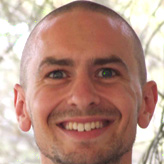 In this talk,
In this talk, 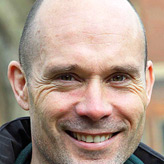 In
In 